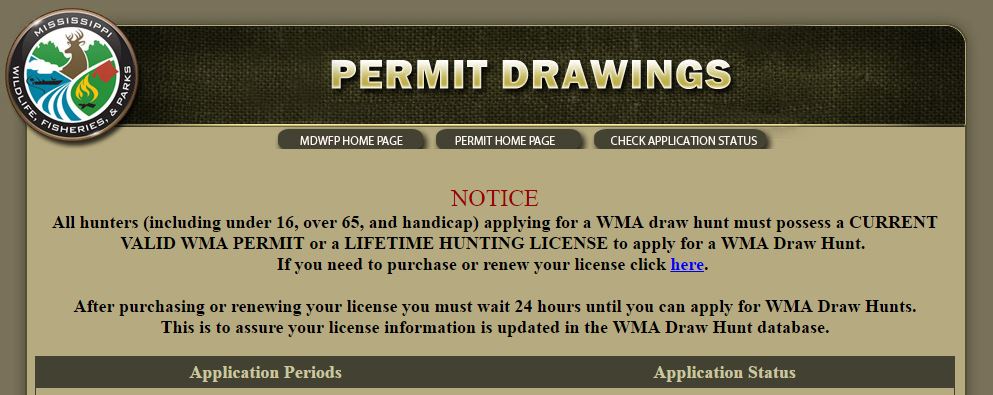Managing a Ranch for Healthy Range and Wildlife
The Texas A&M AgriLife Extension Service and Menard County Soil and Water Conservation District will team up to present a range and habitat workshop from 8:15 a.m.-3:20 p.m. Oct. 5 at the Murchison-Whitehead Complex in Menard located on U.S. Highway 190.
“We have a lot of information packed into this meeting on topics ranging from horned toad management to managing toxic plants,” said Lisa Brown, AgriLife Extension agent in Menard County. “We’ll also have some top speakers, serve lunch and offer continuing education units, so this will be a well-rounded program from several angles.”
Registration is $25 per person or $30 per couple. Participants are asked to preregister by 4:30 p.m. Oct. 3 for an accurate lunch count by calling the AgriLife Extension office in Menard County at 325-396-4787. More information is also available at that number.
Five Texas Department of Agriculture continuing education units – two laws and regulations, one general, one drift minimization and one integrated pest management – will be offered.
Menard Range & Wildlife Workshop To Include
1. How Brush Management and Pesticides Affect Horned Toads, Dr. Jim Gallagher, Texas Parks and Wildlife Department natural resource specialist at Mason Mountain Wildlife Center, Mason.
2. Pesticide Laws and Regulations, Beau Whisenant, Texas Department of Agriculture regional education specialist and inspector, Leander.
3. Newest Laws and Research on Feral Hog Control Methods, Justin Foster Texas Parks and Wildlife Department research coordinator, Kerrville.
4. Dow AgroSciences Update, Dillion DeMuth, field representative, Georgetown.
5. How to Minimize Drift When Using Chemicals for Brush and Weed Management, Gerald Hobson, Bayer Environmental Science, range and pasture specialist, Peaster.
6. Managing Toxic Plants, Dr. Bob Lyons, AgriLife Extension range specialist, Uvalde.
